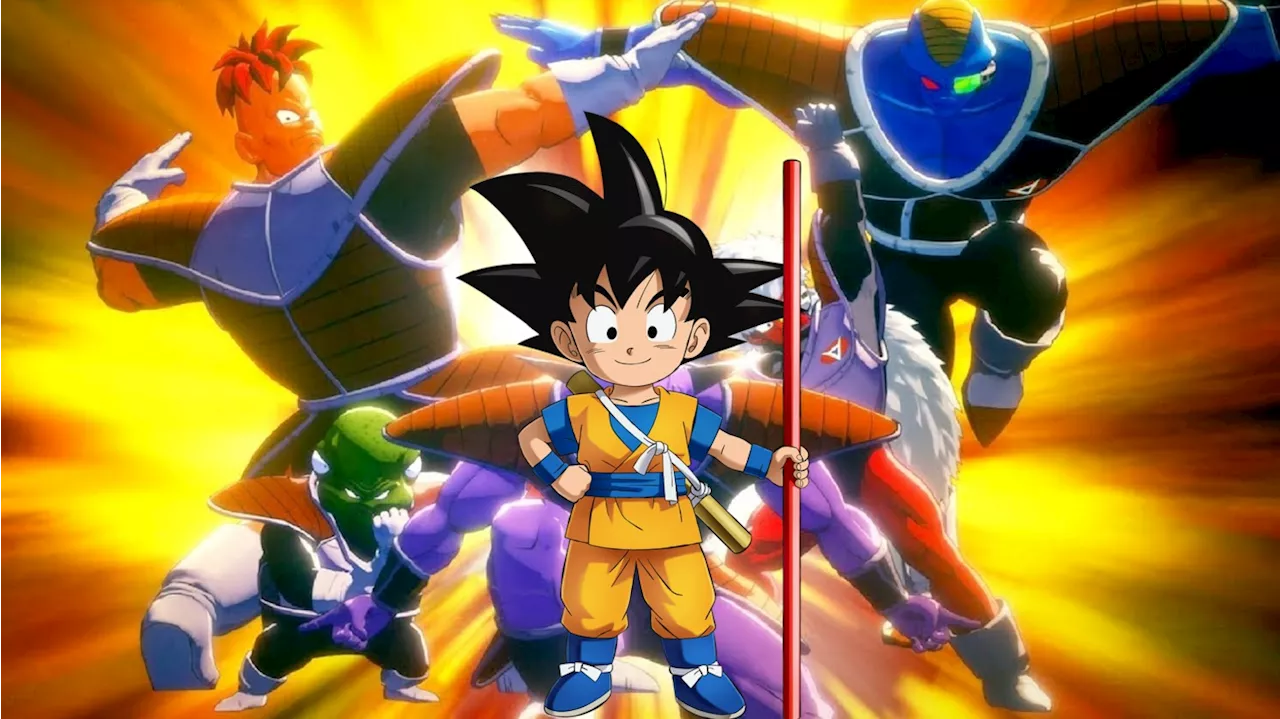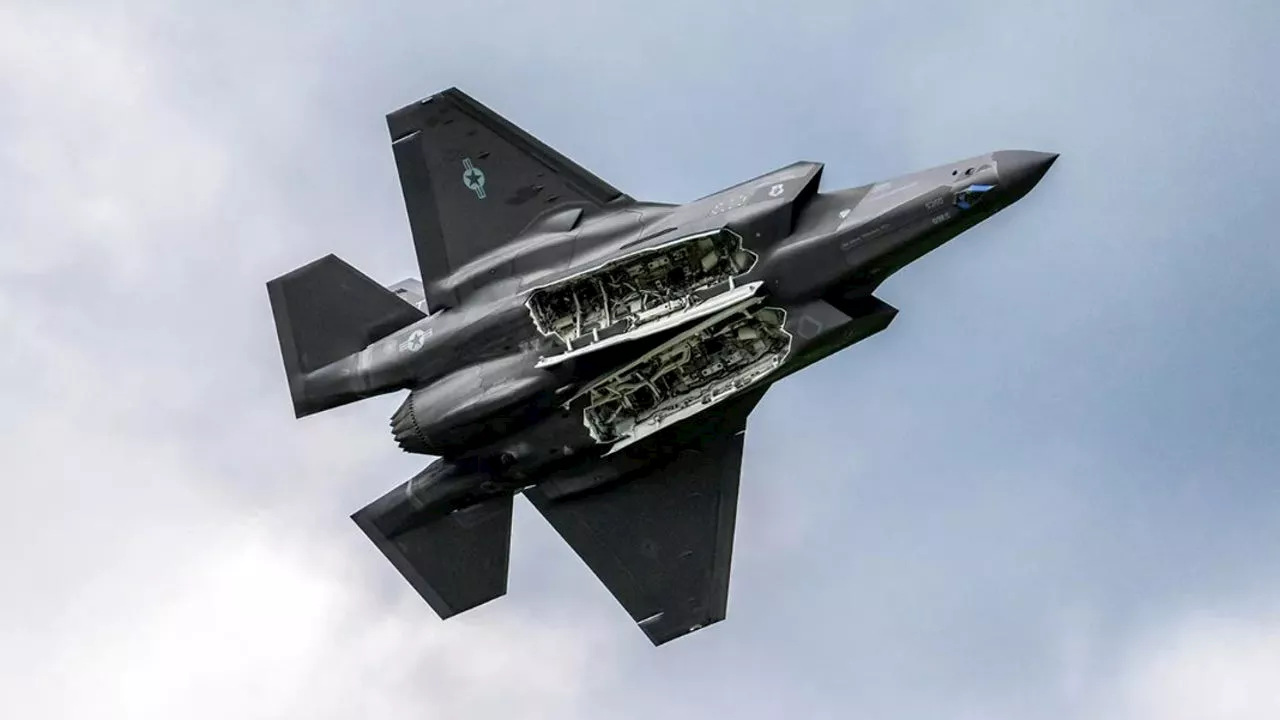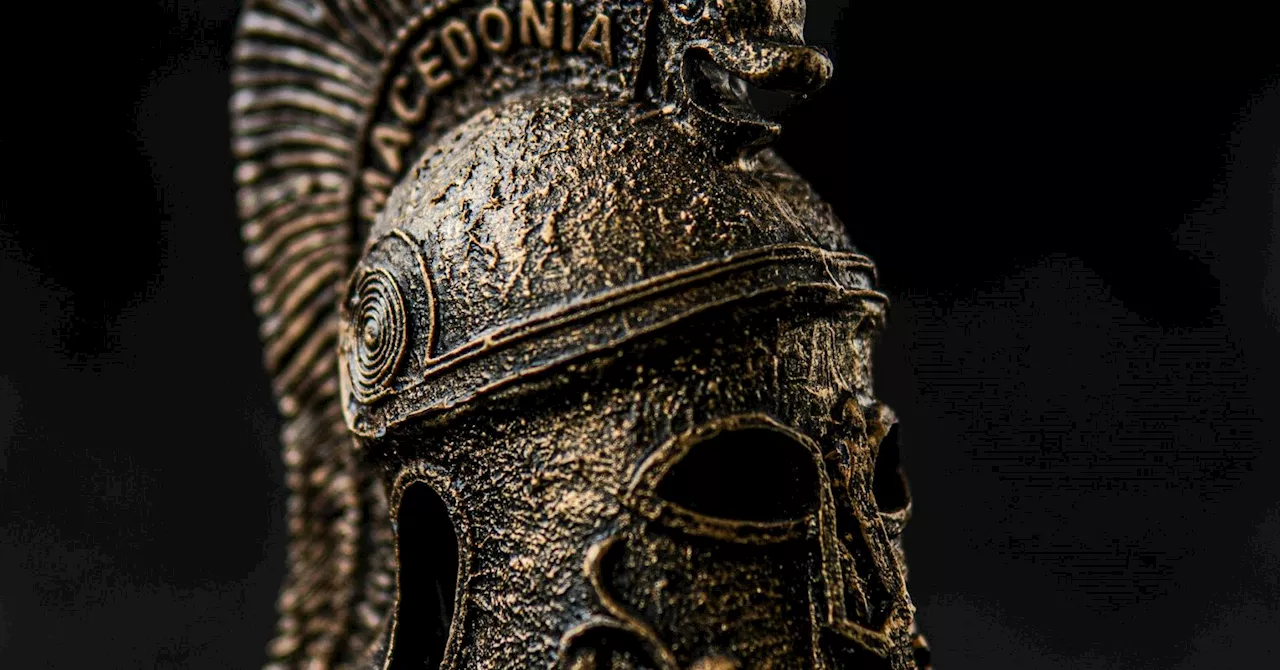This article explores the concept of thumos, an ancient Greek term often translated as 'spirit' or 'passion', and its relevance to contemporary society. Drawing on historical insights from thinkers like Dostoevsky, Jung, and Wernicke, the text examines how thumos, a powerful primal force, can manifest in both positive and destructive ways. It argues that understanding thumos is crucial for navigating the complex challenges of the 21st century, where the need for recognition and validation fuels extremism and societal unrest.
Historical Insights – Thinkers like Dostoevsky, Jung, and Wernicke linked thumos to ambition and pathology. Notes from Underground Dostoevsky knew. He saw it in the radicals, the fanatics, the men who would burn the world just to prove they existed. He saw it in Raskolnikov, slashing through moral law in search of greatness. He saw it in the nameless narrator of, seething in his own self-imposed exile, too proud to ask for salvation.
Carl Wernicke (1892) was the first psychiatrist to name Raskolnikov's murderous plot as motivated by overvalued ideas. Other greats, including Carl Jung, identified thumos as a powerful, primal force driving individuals beyond mere desire, but something deeper—the need for recognition, for dignity, for honor, or proof that one’s existence matters. The Greeks knew it ruled men’s hearts, sitting between λόγος (logos, reason) and ἐπιθυμία (epithymia, desire). It built empires and launched wars, made heroes and tyrants, fueled revolutions and vendettas. When guided by, drive, and obsession, but it missed thumos, ignored its primal power. Yet thumos is behind the terrorist who needs his cause, the mass shooter who craves infamy, thewho watches her body waste away in the mirror but won’t stop—not because she doesn’t see it, but because she must win the battle against herself.That’s what we as forensic psychiatrists, call it now: An extreme overvalued belief is shared by others in a person's cultural, religious, or subcultural group (including online). The belief is often relished, amplified, and defended by the possessor and should be differentiated from a delusion or obsession. Over time, the belief grows more dominant, more refined, and more resistant to challenge. The individual has an intense emotional commitment to the belief and may carry out violent behavior in its service (Rahman, 2018). Over time, belief becomes increasingly binary, simplistic, and absolute. When an idea takes hold—burning into the psyche, growing beyond reason, immune to contradiction—it is no longer simply an ideology. It’s not a delusion (won’t fix it), and it is not an obsession (the person relishes, amplifies, and defends it rather than fights it); it’s more righteous, more true. It fuels revolutionaries, terrorists, assassins, and school shooters. It moves the lone gunman to carve his name into history with bullets. Timothy McVeigh saw himself as the avenger of Waco, his thumos hijacked by ideology. Lee Harvey Oswald? The failed warrior, desperate for significance, clinging to Marxist. Anders Breivik? A man possessed by a narrative—himself the μάρτυς (martyr), the πολεμιστής (warrior), the ρως (hero). Adam Lanza (Sandy Hook elementary school shooter) also sought legacy by killing very young children.German psychiatrist Karl Bonhoeffer (1868-1948) expanded on Carl Wernicke’s seminal work on overvalued ideas, describing how certain individuals exhibit a pathological—a deeply distorted self-regard. Bonhoeffer observed that those with overvalued ideas are hyper-sensitive to perceived slights, interpreting ordinary setbacks as profound personal insults. French philosopher Jean-Jacques Rousseau describedModern psychiatrists have observed and described “identity disturbance,” “fixation,” and “ideological rigidity.” They are often talking about thumos. It is something deeper—an ancient need to matter. It is also why mostis a colosseum of thymotic battle, where every tweet is a duel for status, where the need to be seen, respected, feared, or admired is more intense than ever. It certainly must be studied.Ignore θῒμός, and you let it fester. Suppress it, and it erupts. That is the crisis we are living through now—not a war of resources, not a war of ideas, but a war for recognition. The battle cry of every extremist, every radicalized school shooter. See me. Acknowledge me. Make me matter.That is something psychiatry has missed. Thumos is not something to be extinguished, not a disorder to be medicated away. It is something to be understood, something to be channeled, something to be cultivated into honor rather than grievance. The soldier who fights for justice, the activist who demands truth, the scientist who will not let a breakthrough die in obscurity—all are ruled by the same fire as the fanatic. The difference is in its'archetypal imprinting' and shaping. We stand at a crossroads. If we fail to guide it, the next assassin, the next radicalized mind, is only a matter of time. But if we learn to recognize it, to harness it, to turn it toward creation instead of destruction—then thumos is the force that can drive not only individuals but civilizations toward something greater
Thumos Psychology Ideology Extremism Violence Human Nature Recognition History
United States Latest News, United States Headlines
Similar News:You can also read news stories similar to this one that we have collected from other news sources.
 May the force not be with you: Cell migration doesn't only rely on generating forceResearchers find cell migration doesn't only rely on generating force. A professor of mechanical engineering and materials science found that groups of cells moved faster with lower force when adhered to soft surfaces with aligned collagen fibers.
May the force not be with you: Cell migration doesn't only rely on generating forceResearchers find cell migration doesn't only rely on generating force. A professor of mechanical engineering and materials science found that groups of cells moved faster with lower force when adhered to soft surfaces with aligned collagen fibers.
Read more »
 Trump Picks Former Air Force Official to Lead Air ForceFormer Air Force navigator and National Reconnaissance Office deputy Troy Meink has been selected by Donald Trump to lead the U.S. Air Force. Meink brings almost four decades of experience in national security, including managing sensitive satellite intelligence and the military's space portfolio.
Trump Picks Former Air Force Official to Lead Air ForceFormer Air Force navigator and National Reconnaissance Office deputy Troy Meink has been selected by Donald Trump to lead the U.S. Air Force. Meink brings almost four decades of experience in national security, including managing sensitive satellite intelligence and the military's space portfolio.
Read more »
 Dragon Ball Super: Super Hero Introduces New Villainous Force, The Gendarmerie ForceDragon Ball Super: Super Hero continues to introduce new characters and expand the universe's lore. This latest installment brings a powerful new villainous team, the Gendarmerie Force, led by the Demon Lord Gomah and his accomplice Degetsu. The Gendarmerie Force arrives with a flashy entrance, similar to Frieza's Ginyu Force, and believes Gomah is joking about the Z-Fighters' past victories. Meanwhile, a new threat arises in the form of Dr. Anisu and her creations, Majin Duu and Majin Kuu, who are working to gather the Dragon Balls for their own mysterious purposes.
Dragon Ball Super: Super Hero Introduces New Villainous Force, The Gendarmerie ForceDragon Ball Super: Super Hero continues to introduce new characters and expand the universe's lore. This latest installment brings a powerful new villainous team, the Gendarmerie Force, led by the Demon Lord Gomah and his accomplice Degetsu. The Gendarmerie Force arrives with a flashy entrance, similar to Frieza's Ginyu Force, and believes Gomah is joking about the Z-Fighters' past victories. Meanwhile, a new threat arises in the form of Dr. Anisu and her creations, Majin Duu and Majin Kuu, who are working to gather the Dragon Balls for their own mysterious purposes.
Read more »
 Trump Nominates Former Space Force Commander Criticizing 'Woke' Policies for Undersecretary of the Air ForcePresident-elect Donald Trump nominated Lt. Col. Matthew Lohmeier, a former U.S. Space Force commander who claims he was fired for criticizing 'Marxist' DEI initiatives, as the next Undersecretary of the Air Force.
Trump Nominates Former Space Force Commander Criticizing 'Woke' Policies for Undersecretary of the Air ForcePresident-elect Donald Trump nominated Lt. Col. Matthew Lohmeier, a former U.S. Space Force commander who claims he was fired for criticizing 'Marxist' DEI initiatives, as the next Undersecretary of the Air Force.
Read more »
 Trump Appoints Controversial Space Force Veteran as Air Force Under SecretaryPresident-elect Donald Trump has appointed Matthew Lohmeier, a former fighter pilot and Space Force veteran, as the next Under Secretary of the Air Force. Lohmeier was fired from his squadron commander position in 2021 by the Biden administration for criticizing Marxism in the military and promoting critical race theory, which directly contradicted the Biden administration's focus on diversity, equity, and inclusion. This appointment signals a major shift in the Pentagon's approach under the incoming Trump administration.
Trump Appoints Controversial Space Force Veteran as Air Force Under SecretaryPresident-elect Donald Trump has appointed Matthew Lohmeier, a former fighter pilot and Space Force veteran, as the next Under Secretary of the Air Force. Lohmeier was fired from his squadron commander position in 2021 by the Biden administration for criticizing Marxism in the military and promoting critical race theory, which directly contradicted the Biden administration's focus on diversity, equity, and inclusion. This appointment signals a major shift in the Pentagon's approach under the incoming Trump administration.
Read more »
 Air Force Pilot Hospitalized After F-35 Crash at Eielson Air Force BaseAn F-35 fighter jet crashed at Eielson Air Force Base in Alaska, injuring the pilot who safely ejected. The cause of the crash is under investigation.
Air Force Pilot Hospitalized After F-35 Crash at Eielson Air Force BaseAn F-35 fighter jet crashed at Eielson Air Force Base in Alaska, injuring the pilot who safely ejected. The cause of the crash is under investigation.
Read more »
